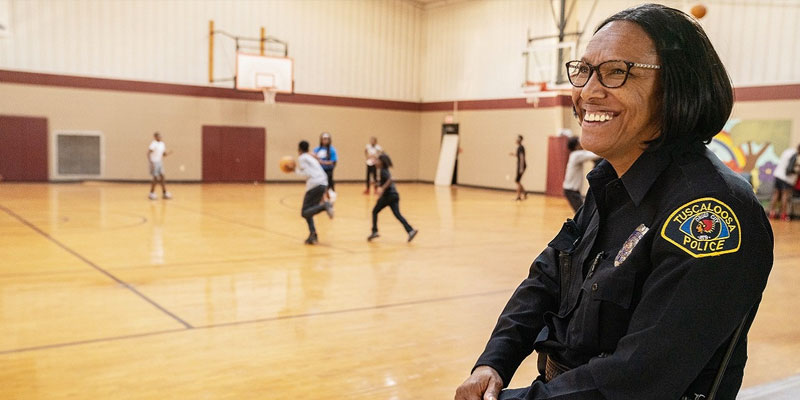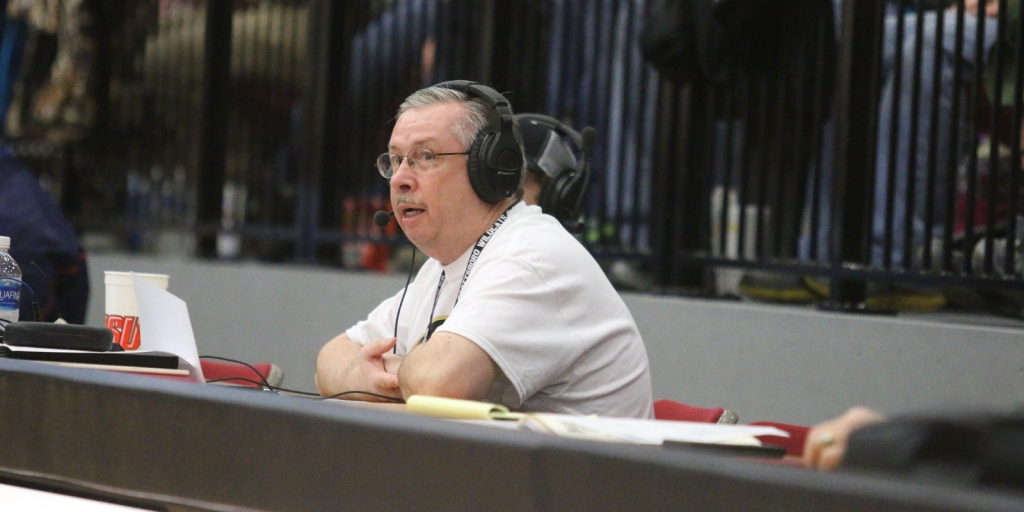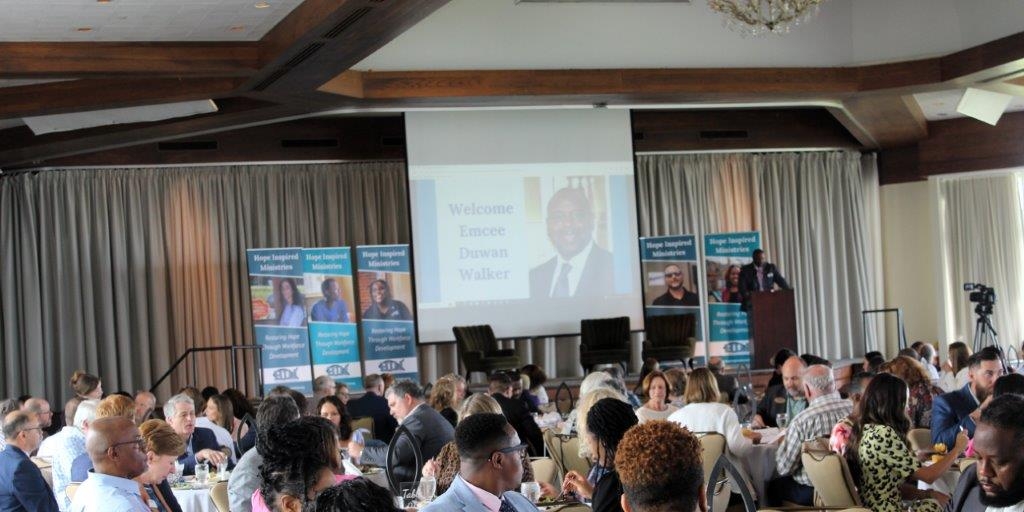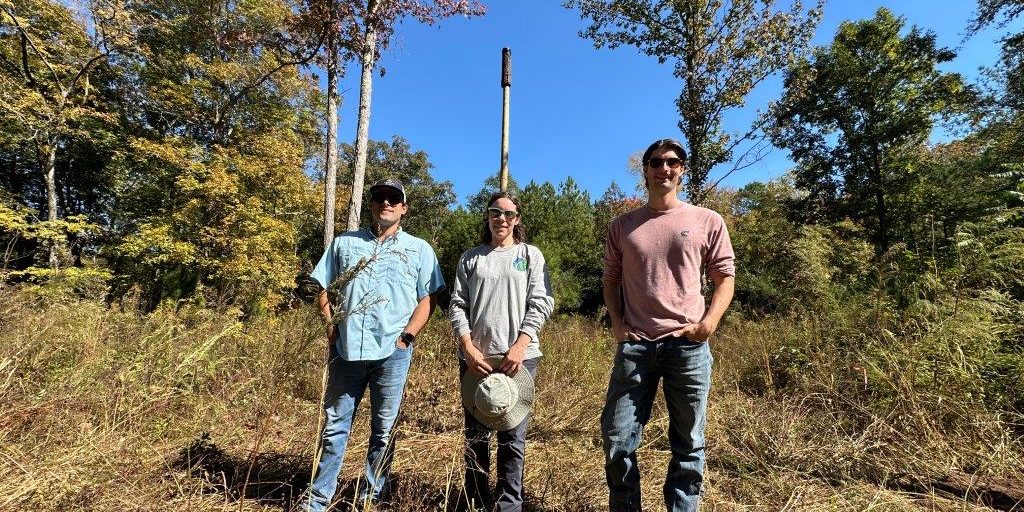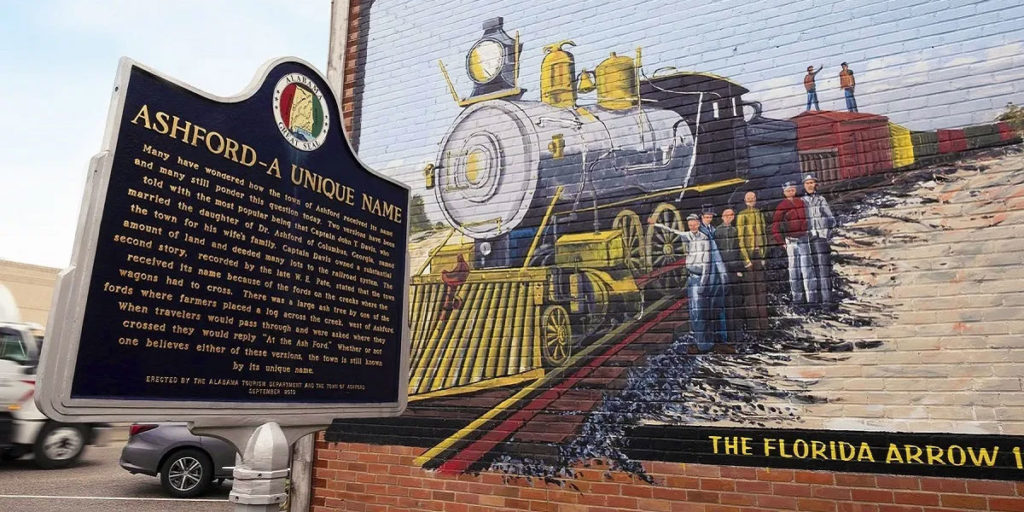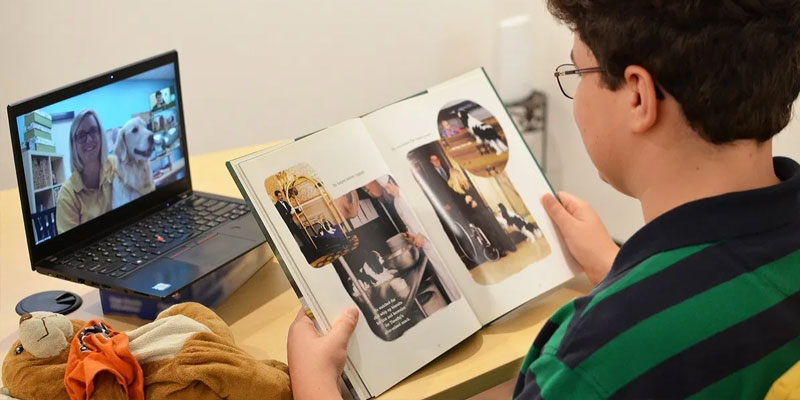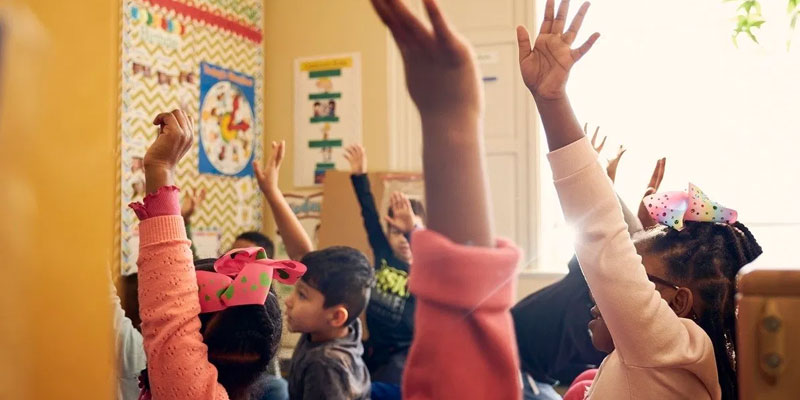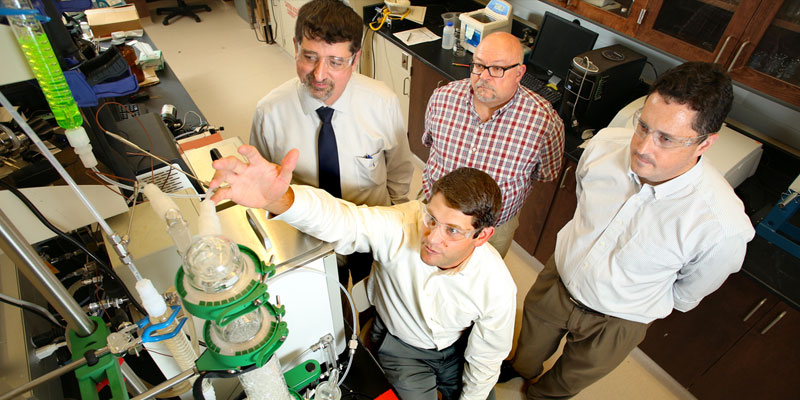The following is the latest installment of the Alabama Power Foundation’s annual report, highlighting the people and groups spreading good across Alabama with the foundation’s support.
Having Olympic gold and silver medals would be a crowning achievement for nearly anyone. Two-time medalist Lillie Leatherwood is no exception. But the former track and field star will tell you that being a champion in life isn’t simply about the races you’ve won. It’s also about the people you help along the way.
It’s about young people transformed by athletic effort, a place to work and play and the right kind of coaching. Leatherwood’s Olympic career culminated in 1988 with her silver medal in Seoul for the 4×400 meter relay. But, in a few short years, she found herself back in her hometown of Tuscaloosa, where she would become an agent of truly medal-worthy change.
Leatherwood joined the police department. In 1995, she was assigned to the Tuscaloosa Police Athletic League (PAL) that works crime from a preventive angle. Now, almost 25 years later, she is transforming young people through a combination of life coaching, athletics and education.
“I always knew I wanted to work with children, and this has given me an opportunity to do that,” said Leatherwood, who became director of PAL in 2013. “To come back to my hometown and do something like this, it’s just a dream job. It just makes me feel great.”
Lillie Leatherwood is an Olympic medalist competing for the lives of at-risk youth from Alabama NewsCenter on Vimeo.
PAL programs pair at-risk youths with police officers under whose guidance they take part in athletic, educational and cultural programs, along with activities that promote self-esteem, drug awareness, community cleanup and mentoring.
About 200 students are part of the Tuscaloosa PAL – one of four in Alabama affiliated with the National Association of Police Athletic/Activities Leagues. The kids participate in transformative programs, play basketball, learn life lessons and, of course, do their homework in study hall.
PAL is designed to give students an alternative to hanging out on the streets and getting into trouble. Does it work? Ask Demario Pippen, who grew up on the west side of Tuscaloosa, where PAL is based.
“I can vividly remember when they first built the gym. I went when I was in elementary school and stayed all the way through high school,” Pippen said. “Being a young kid and having access to a gym was great. It was just a safe haven to get away, to hang out with some friends, play sports. They did little field trips for us, too, sometimes to the movies or the bowling alley. All that stuff was always cool to me.”
Pippen, now 29, mentors kids as a coach at Westlawn Middle School in Tuscaloosa. He said the PAL program saved his life. He lost an older brother – murdered on the streets of Tuscaloosa at 19 years of age – who he says was “more interested in what happened outside the gym than what happened inside the gym.”
What goes on inside the PAL gym is transformative. But, it is in the study hall that the Alabama Power Foundation has been able to make a difference – thanks in part to the vision of the former Olympian. Leatherwood saw that many kids don’t have access to computers – tools that could make a difference in completing their studies. So, with a grant from the foundation, she opened a computer lab for PAL participants.
From the time construction began on the lab, students were eager to use the improved space. For them, the cubicles, printer and 10 computers loaded with educational games and software represent a huge opportunity. Leatherwood is proud of the program.
Pippen feels the same way. He remembers the difficult lessons he learned, times when PAL coaches sat him down and talked about destructive behaviors. He remembers the long days playing sports, channeling his youthful energy into healthy efforts. The experience transformed him from at-risk youth to an adult determined to give back to his community.
“I always saw myself as someone who would give back. That was always a big thing to me, and I saw at PAL people who were doing that. The program’s main focus is giving back, and that’s one of my main focuses as an adult.”
Leatherwood shows off her Olympic hardware from time to time. Pippen remembers seeing the medals when he was younger. “Honestly, I would see the pictures and stuff of her running in the Olympics, but I didn’t understand it all at that age. The older I got, I realized, ‘Man, this is not only state or national, this is the world.’ It made me appreciate her even more. The way she carried herself and she was always so humble, down-to-earth and approachable. She was and is such a role model. I’m aspiring to be the same kind of role model.”
Champions aren’t just found on the courts and fields of international competition. They walk among us, changing the lives of those around them for the better.
For more information on the Alabama Power Foundation and its annual report, visit here.
(Courtesy of Alabama NewsCenter)




